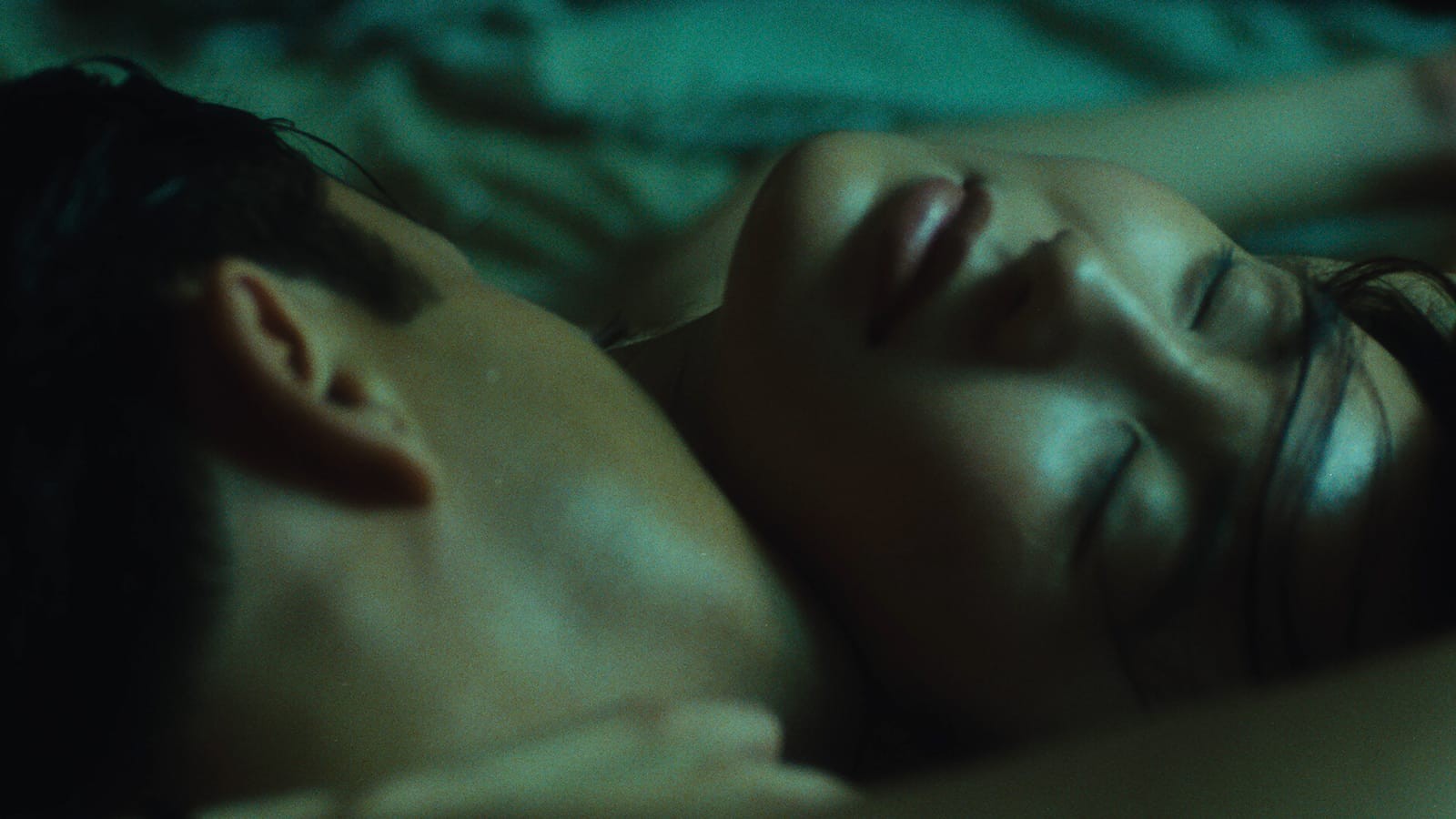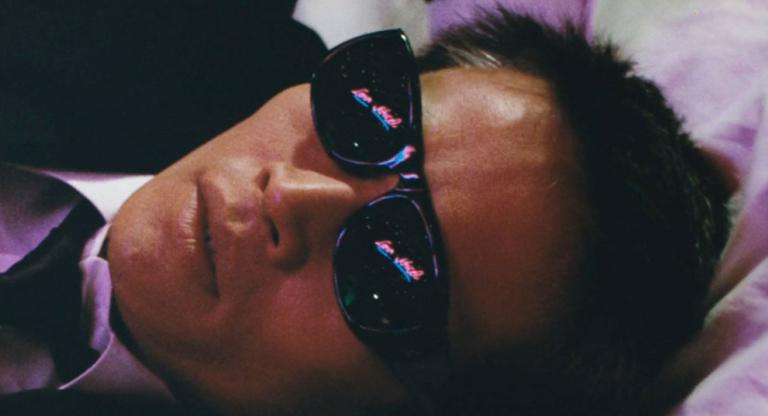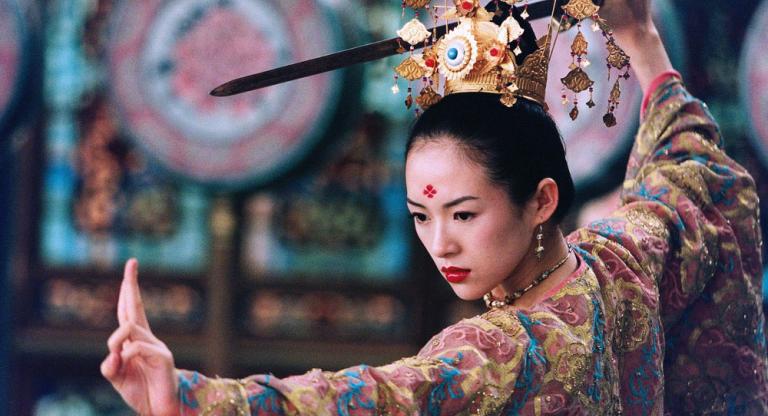With irreversible change looming on the horizon of a vibrant metropolis, Wong Kar Wai’s sophomore feature, Days of Being Wild (1990), initiates a career-long exploration into nostalgia and unfulfilled desire. Set in Wong’s stylized reconstruction of 1960s Hong Kong, the film’s lamentation for dispossessed souls, entrapped by romantic visions of the past and future, resonates far beyond the banks of Victoria Harbor.
The film follows the exploits of Yuddy (Leslie Cheung), a suave and restless playboy averse to responsibility and stability. Desperate to find his birth mother, Yuddy takes out his insecurities on the various women in his life, leaving a trail of toxic attachments. His first lover, the sensitive and soft-spoken Su Li Zhen (Maggie Cheung) is left hopelessly destitute as her hopes of a long-term romance with Yuddy are shattered. Meanwhile, the lively nightclub dancer Mimi (Carina Lau) is viciously possessive of Yuddy, doing anything and everything to maintain their erratic relationship.
Released two years after Wong’s breakout feature, As Tears Go By (1988), a bloody gangster flick coated in soapy melodrama, the director’s second film subverted the expectations of critics and audiences alike. Unlike his first film, Days of Being Wild relishes in the idle lives of its lonesome characters. The ensemble cast of Cantopop superstars embodies Wong’s tragic vision, playing characters terminally afflicted with a longing for the past. Although it did not resonate with Hong Kong audiences at the time, the film eloquently articulates the city’s continued struggle with dramatic political and cultural changes.
Days of Being Wild is also the first time that Wong and his cinematographer, Christopher Doyle, realize their iconic, dreamy arthouse aesthetic. Each shot, tinted with a subdued, rusty green hue, illustrates the ephemerality of the moment. The surface patina reinforces the erosion of the romantic fantasies and mismatched relationships playing out on screen. Characters, consumed by the flames of torrid love affairs, hopelessly chase memories of passion as they avoid confronting uncertain futures. Unlike Chungking Express (1994), which vividly captures the dynamic frenzy of Hong Kong, Days of Being Wild immerses viewers in moments of stillness. Wong and Doyle juxtapose close-up handheld shots of action with static shots of empty streets, run-down apartments, and dusty clock faces. As time continues to slip away and memories blur into fiction, the camera lingers on these images of a bygone era, lamenting naïve dreams of what could have been if everything had stayed the same.
Days of Being Wild screens tonight, June 25, at Metrograph as part of the series “Cantopop Icons.”



